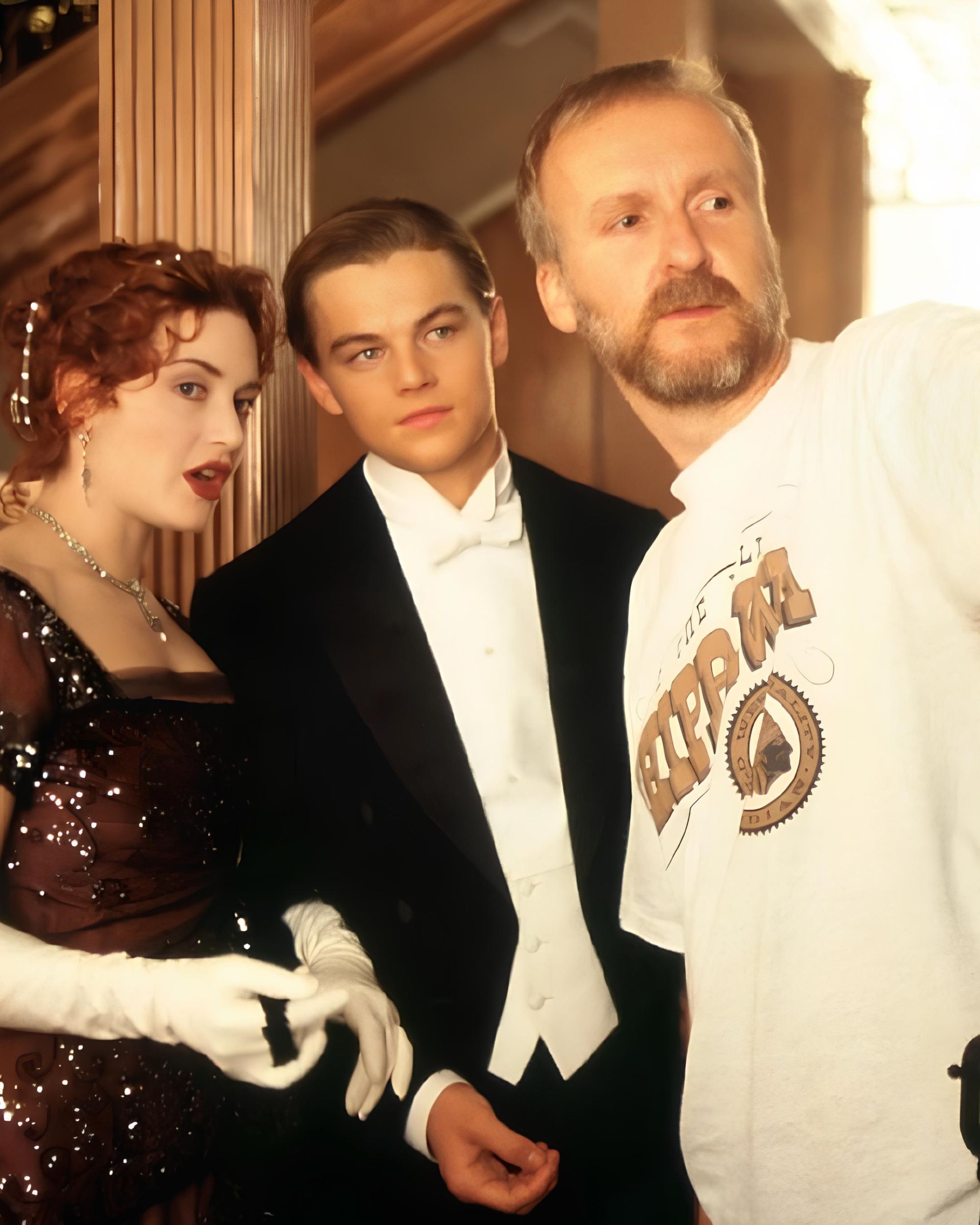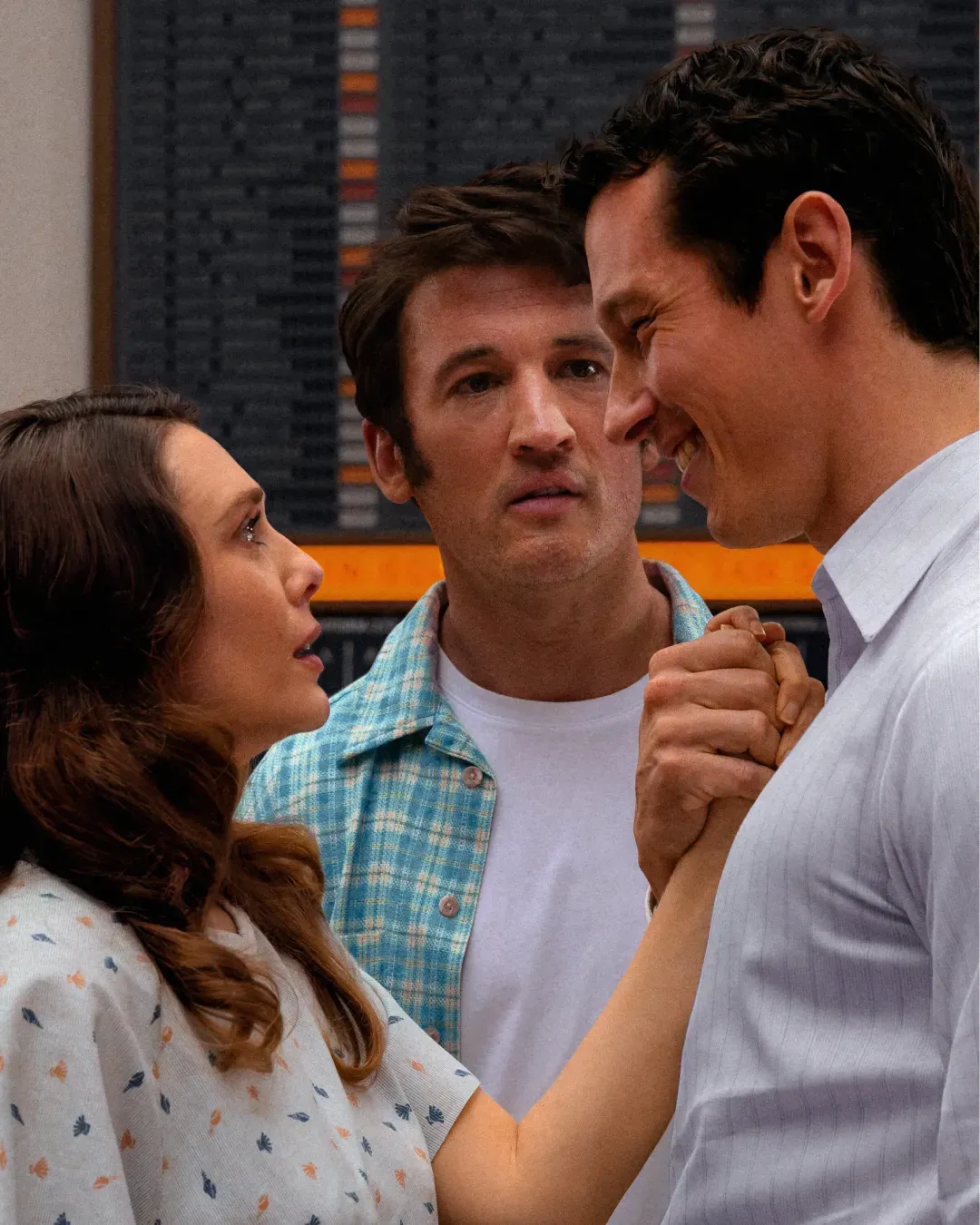
"Love S03": not the usual romantic-indie commedy Mickey & Gus adulting all over the place
Love's last season - Netflix series by Judd Apatow, Paul Rust and Lesley Arfin - was announced as the apotheosis of the line of indie-romantic comedies that in the last five years has created a niche of binge-watcher enthusiasts (last examples, The end of the F *** ing World, You're the worst, Casual). The first two seasons chase the relationship between the two ambassadors of the generation of 30ish insecure hipster living on the edge of the chasm. Her, Mickey (played by Gillian Jacobs) is the problematic girl, dependent on excesses, impulsive, manipulative and impossible not to love madly. Him, Gus (Paul Rust) is emotionally needy, oblivious to social cues, and with a smile that shows his dramatic insecurity. The result is an ironic and clumsy relationship that alternates tenderness and sarcasm - sometimes irritating - but magnetically attractive. The series is set in a bare and peripheral Los Angeles that puts even more naked the superficial human ambitions of Mickey and Gus and the secondary characters that orbit around this tiny hipster universe.
The final of the second season - in which the two decide to start a relationship - launched a perfect assist to Apatow for 12 episodes of embarrassing and akward scenes. Instead the third season of Love has taken a different path coming out of the comfort-zone of the romantic indie comedy: it tells in a delicate and less ironic way the relationship between Gus and Mickey and the passage of the characters to adult life.
Wow! Look at you, adulting all over the place
During the second season, Mickey has dealt with his problems - alcoholism, coke and sex addiction - and in the third he collects the fruits. He succeeds at work - as a producer of a podcast on sex dedicated to millenials (thanks Apatow!) -, is deeply in love with Gus and keeps his sobriety without crisis. Gus, on the other hand, is left behind: inosiddisfied by his work as young actress educator, hides parts of his past in Mickey and invests money and energy in a project of a film short film predictably disastrous. The relationship touches several moments of potential rupture without ever exploding. The couple resists a tremendous weekend in Palm Springs, the meeting with Gus' ex fiance and the alcoholic temptation of Mickey. The spectator finds himself cheering for the drama to take away a bit of honey from an honest and resistant relationship: the tragedy seems to mature when the couple visits Gus's family in South Dakota, taking a short tour of the protagonist's deep male insecurities.
In that episode comes out the evolution of the relationship and the overturning of the cornerstones of the romantic hipster comedy: the tracks of the comedy she-problematic-he-good-boy-loser are overturned by the fact that Mickey has faced his problems foamy and noisy, while Gus admits for the first time his insecurities. The focus of the series this season moves from the problems of the protagonists to the way they face them. The evolution of history is a good metaphor of the transition from adolescence to adulthood, a topic from a training novel rather than a romantic comedy. The result is that compared to previous seasons Mickey is slightly less "the problematic woman of every man's dreams" with a cigarette in his mouth driving a battered bike and Gus a little 'more bearable in his being repellent and socially unfit for any context. The two come into that moment of life in which the things you want or do not want are clearer, the people you want to have around and how to use your money.
Mickey, it's not true, I still love you.
The Judd Apatow's Touch
If from a thematic point of view the third season changes radically, from the cinematographic one it remains a wonderful feast of American hipster aesthetic, embarrassing dialogues and skits cringe. The costumes are characterized by Gus' shirts checked and short sleeves, Mickey's salopettes and the Springwood pools of a peripheral and hidden LA. Also, the sets moving in South Dakota (before) and on the island of Catalina (later), they maintain a very American aesthetic that inserts the series into a sub-genre that has been called "Sad California", which includes Transparent, Casual and You're the Worst. The small talks that Gus does at a marriage with his ex-girlfriend touch levels of hives close to physical discomfort. In particular, all male characters in the series are clumsy, incapable or absolutely inept.
The third season gives more space to Bertie (Claudia O'Doherty), the best and funnier character of the series. The Mickey's Australian room mate - she always shows up in fringe and dungarees - has a sense of humor that remains constantly suspended between sarcasm and sincerity thanks to her aussie accent. Apatow relies on her to give a more complex dimension to the season finale. Love promises an impulsively romantic ending that suddenly takes on bitter nuances thanks to just a few jokes in the last episode set in Catalina.
Should you to watch it?
Of course, if you have seen the first two seasons. You might lose hope, but we advise you to get to the end.
'Mmm' if you haven't seen the first two seasons: the series are very flowing, however, you must immerse yourself in a very self-serving hipster aesthetic, if it is not your kind it is very cloying.
Useful references: watch Love if you like Lady Bird, Master of None, Girls, 40-year-old Virgin, Juno.












































